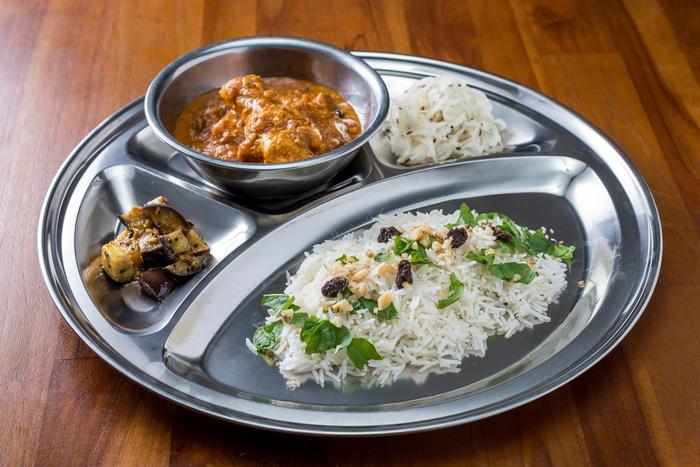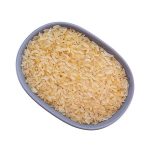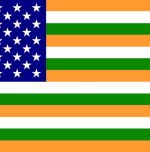India should consider revoking ban on rice export: IMF

Amid rising domestic prices and concerns about a crop shortfall, India has taken a significant step by imposing a ban on exports of various rice categories.
This move, affecting the world’s largest rice exporter responsible for 40% of the global rice trade, could have a notable impact on global rice prices, further aggravating existing food insecurity worries.
The Indian government’s decision to implement the ban was prompted by an 11.5% price increase over the past year and a 3% increase over the past month.
The Ministry of Consumer Affairs amended the export policy immediately to ensure sufficient availability of non-basmati white rice in the Indian market and to address the domestic price surge.
This measure follows Russia’s withdrawal from an agreement allowing Ukrainian wheat safe passage through the Black Sea, leading to concerns about potential surging prices.
The combination of both events has raised alarm bells among experts, as it creates shocks in global food grain markets.
The ban on rice exports is projected to impact global prices considerably. Formerly exporting about 22.5 million tons, India is now expected to see approximately 10 million tons withdrawn from the international market. These are accounting for around 40% of their exports. This includes a category that was banned from export last year.
Given the current scenario of food inflation, analysts believe that India is unlikely to ease these restrictions anytime soon.
The government faces the challenge of addressing food price inflation as the country gears up for a series of crucial state elections this year, followed by national elections next April.
Rice and wheat prices are of particular concern in a nation where these cereals constitute a significant part of the diet for low-income individuals.
While India has sufficient rice stockpiles for its massive population, concerns arise due to the unpredictable monsoon season, which could adversely affect the paddy crop planted in June and harvested in September.
Recent heavy rains in the north and deficient rains in the south have caused floods and hindered planting, respectively, exacerbating worries over potential shortages.
Notably, certain rice varieties will be exempt from the export curbs, primarily those exported to Bangladesh and several African nations, demonstrating a diplomatic approach to maintain good relations with neighbouring countries and enhance influence in Africa.
The International Monetary Fund’s chief economist, Pierre-Olivier Gourinchas, has expressed concern over the impact of restricting rice exports. He urged a reversal of the decision to mitigate food price inflation.
Image from Pxhere (Free for commercial use / CC0 Public Domain)
Image Reference: https://pxhere.com/en/photo/813572










Leave a Reply